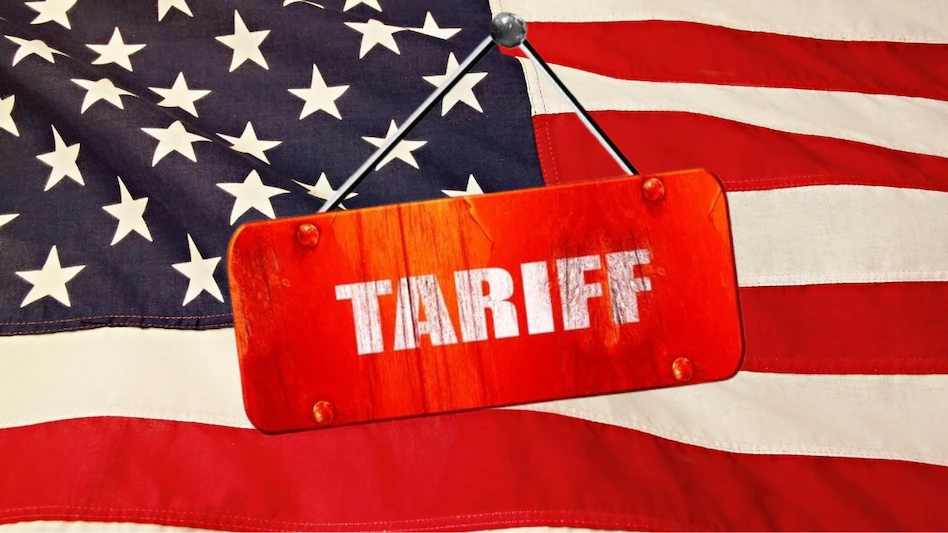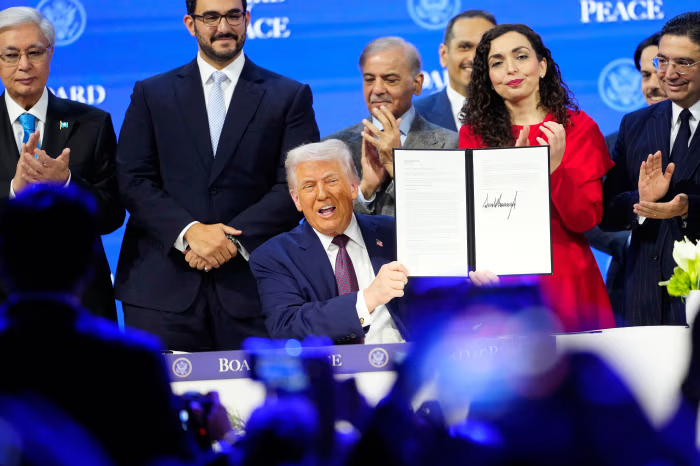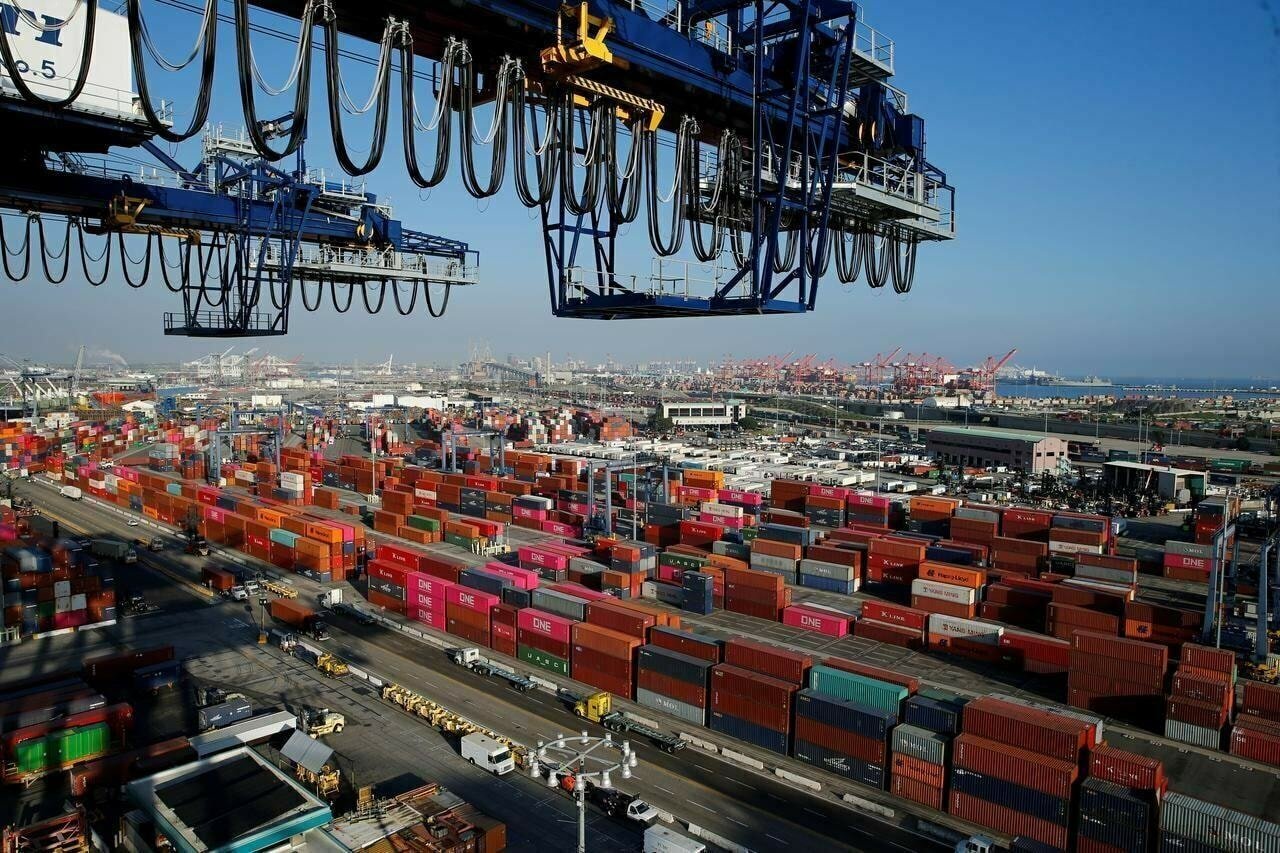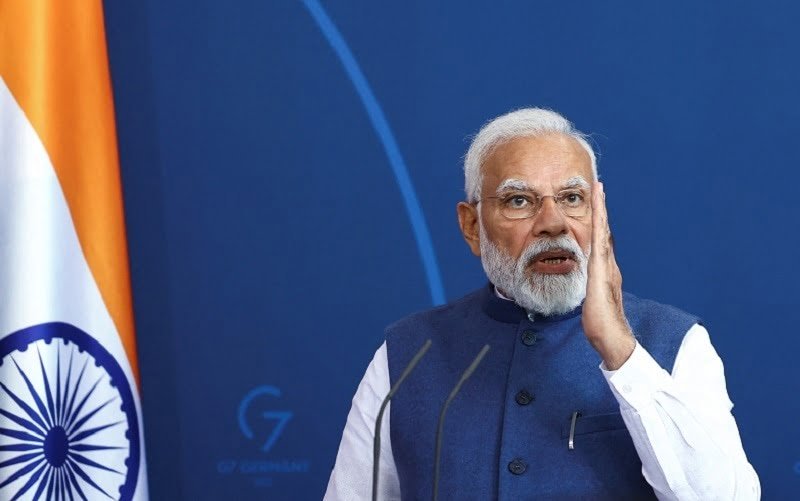Zafar Iqbal
The United States’ latest decision to impose a 19% import duty on goods from Pakistan marks a turning point in global trade politics. As part of President Donald Trump’s escalating trade crackdown, Pakistan joins a list of 69 countries facing new tariffs ranging from 10% to 41%, a move framed as essential for protecting US economic and security interests. While the tariffs are scheduled to take effect within a week, their political, economic, and diplomatic implications will be far-reaching for Pakistan and the world at large.
For Pakistan, this sudden tariff hike presents immediate economic challenges. The United States is a significant destination for Pakistani textiles, leather products, and agricultural exports. A 19% tariff will make these goods less competitive in the American market, potentially reducing export volumes and foreign exchange earnings. The impact on small and medium enterprises that rely on the US market could be particularly severe, increasing domestic economic pressures and contributing to a widening trade deficit.
Subscribe to Republic Policy YouTube
Globally, this move signals a sharp shift toward protectionism and “reciprocal” trade under Trump’s doctrine. By targeting multiple countries, including Canada, India, South Korea, and Brazil, the US is reasserting its leverage in global trade negotiations. However, this assertiveness risks sparking retaliatory measures, further straining the multilateral trade order and weakening institutions like the World Trade Organization (WTO). Developing economies like Pakistan often become the unintended casualties of such trade wars, facing declining exports and volatile currency markets.
Follow Republic Policy on Twitter
For Pakistan, the geopolitical consequences are as significant as the economic ones. Increased tariffs may push Islamabad to diversify its export markets, deepen trade ties with China, the Middle East, and Central Asia, and pursue regional trade pacts that reduce reliance on Western markets. Simultaneously, it could strain US-Pakistan relations, especially when seen in the context of Washington’s evolving South Asia strategy and its growing tilt toward India.
Join Republic Policy on Facebook
Trump’s decision also reflects a broader trend of weaponizing economic policy for political ends. His separate, harsher measures against Canada and Brazil, as well as the temporary reprieve for Mexico, reveal a strategy of selective engagement designed to maximize short-term political gains while keeping long-term trade stability at risk. The uncertainty in US policy makes it harder for countries like Pakistan to plan their export strategies or negotiate mutually beneficial trade terms.
Follow Republic Policy on TikTok
From a global perspective, the ripple effects of these tariffs could destabilize supply chains, elevate consumer prices in the US, and embolden other nations to adopt similar unilateral measures. Economists warn that such actions accelerate the erosion of trust in the global trading system, prompting both allies and competitors to seek alternative trade arrangements. For Pakistan, this is a crucial moment to recalibrate its economic policies, strengthen domestic industries, and engage diplomatically to mitigate losses.
Ultimately, the 19% US tariff on Pakistani goods is not just an economic challenge; it is a political signal and a test of resilience. How Pakistan responds—through diversification, negotiation, or strategic partnerships—will determine its economic trajectory and influence its role in a rapidly changing global order. The world, too, is watching, as Trump’s trade policies continue to unsettle the fragile balance of global commerce.















